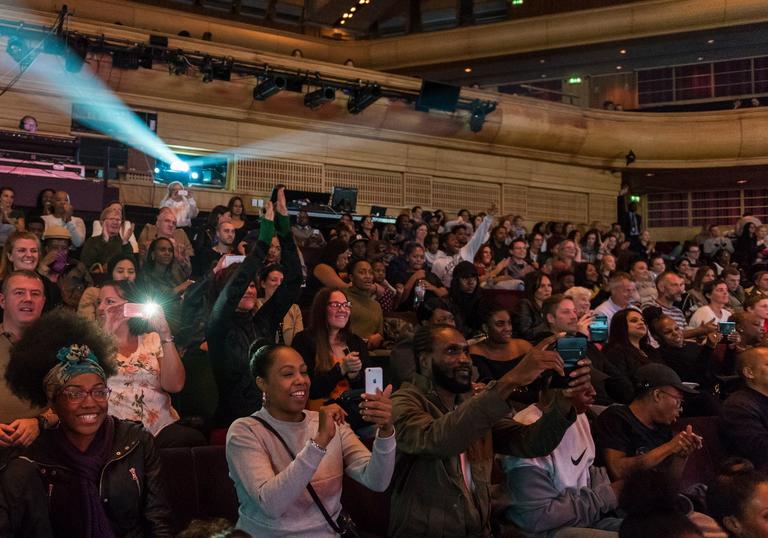From filmmakers and photographers to musicians and dancers, many creatives struggle when it comes to funding their projects. Opportunities for funding are scare and there is often a great deal of competition for a limited pot of money. However, there are several key steps you can take to boost your chances of success, whether you are interested securing a grant or launching a crowdfunding campaign.
We invited decision-makers from Arts Council England, PRS for Music Foundation, Trinity Laban Conservatoire of Music & Dance and Phundee.com to share their top tips.
Fail to prepare, prepare to fail
Before applying for funding, you need to ensure that your idea is well thought-out. Brian Brady, Head of Theatre Programmes at Trinity Laban, advises: ‘We dismiss applications very quickly when it is evident that the idea is not fully-formed. Don’t apply for funding unless your idea is completely ready.’
This sentiment is echoed by Ashon Spooner, founder and CEO of arts crowdfunding site Phundee.com. Ashon pointed out that many crowdfunding campaigns fail to reach their funding targets due to lack of preparation. To help creatives launch a successful campaign, Ashon runs an 8-week incubator programme covering subjects such as social media, profiling and donation rewards.
Take a targeted approach
Joe Frankland, Senior Grants and Programmes Manager at PRS for Music Foundation, feels that applicants often shoot themselves in the foot by applying for funding opportunities that aren’t quite right for them. PRS for Music Foundation awards £3m per year through a range of targeted grants for musicians from different backgrounds or at different stages of their careers, such as the Women Make Music fund, the Momentum Music Fund and the International Showcase Fund.
‘One of the common mistakes we see is that artists apply with music that’s unbelievably good but let themselves down by applying for the wrong fund. He highlighted that it’s perfectly acceptable for applicants to contact PRS for Music Foundation to check which fund they should be applying for.
Tips for filling in an application
When filling in a funding application, our panel emphasise the importance of closely following the funder’s guidelines.
Richard Ings, Relationship Manager at Arts Council England, pointed out that it’s important to ‘talk to funders in the same way you would talk to a manager.’ He added, ‘It’s a bit like going for a job interview. The funder has a problem and you need to show them how you can solve it. Convince them that you are a good investment. Excite the funder as well as reassure them.’
Joe Frankland advised applicants not to use artsy language in applications. He also said that while it’s important to mention previous successes, you shouldn't dwell on them too much. Placing emphasis on your future plans instead can make you seem like a more exciting proposition.
Be prepared to work hard
Crowdfunding is often seen as having democratized the funding model, yet each campaign is still subject to rigorous checks and verification procedures before it goes live.
Overseeing a successful crowdfunding campaign is no easy feat either. Writer Charli Whatley and director Jason Bradbury used Phundee.com to raise £8,825 to shoot a pilot episode of their neo-noir web series Dirty Laundry. While many people falsely believe that once a campaign goes live, the donations will start rolling in, Charli and Jason described having to ‘proactively phone, message, email and tweet’ their network of friends, family and professional contacts to persuade them to pledge in order to get their campaign off the ground.
‘It was only when we had raised more than 50% of our total that our campaign began to attract outside interest. Once we had raised more than 60%, we began to attract attention from the industry.’
Success in crowdfunding can also help you secure Arts Council funding. Richard Ings commented that one of the key criteria that applicants are judged against is whether other people have bought into their idea in the past. With its capacity to engage a large number of donors, Ings noted that crowdfunding is an ideal way to demonstrate public interest in your work as well as a strong funding track record.
Words by Zoe Efstathiou

